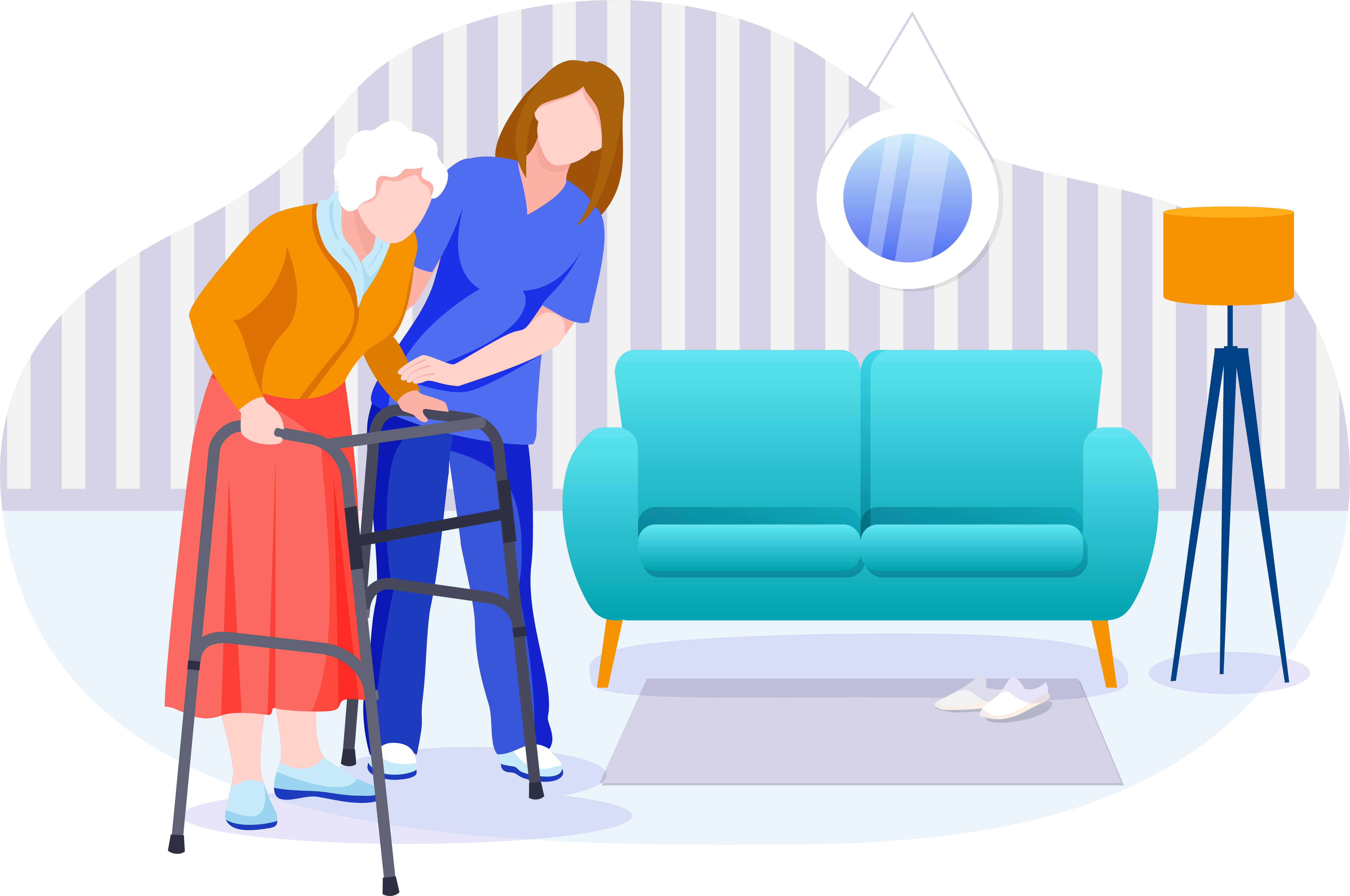Are you asking the right questions when choosing a home health agency?
Stephanie Griffin

Stephanie Griffin

When you hire a home health agency, you are not only letting them into your home, but you are also putting your health in their hands. It is important that you have confidence that your home health agency has the ability to deliver the quality of care that you deserve. By researching different agencies in your area and asking questions about the care they are able to provide, you can ensure your home health agency is the best agency for your unique needs. Remember that even if your physician has referred you to a specific agency, you are always in control over which home health agency is providing you care – and if you are unhappy with your current home health care provider, you are able to stop services and switch to another agency at any point in time.
When choosing a home health agency, your first step is to evaluate what services you may need with your physician – from skilled nursing, physical therapy, and occupational therapy to speech therapy, social work, home health aides, and dietitian services. Once you know what your individual needs will be, you are able to search for an agency that offers skilled clinicians in these disciplines. In Illinois, agencies are licensed for a specific service area by county – so you’ll want to narrow your search down to agencies that have your county listed.

While self-pay is an option, the majority of home health care is paid for by a third party payor. Medicare and Medicaid cover skilled home health care, providing a physician has referred you for services and that you meet the requirement of being homebound. Many private insurance plans cover some if not all home health costs also, but the requirements to receive home health may vary. Check with the home health agency to make sure they are in-network with your insurance agency, and if out-of-pocket expenses are to be incurred, ask how the agency bills, when payment will be required, and if the agency reduces the cost of care for low-income patients. Review the home health agency’s contract thoroughly before signing up to receive care.
A home health agency that has been open for several years is more likely to have a handle on how to quickly manage emergencies or any patient complaints. They will be fully established within the community and are more likely to have a larger staff, giving you more options in your home care.
Home health agencies should always conduct full criminal background checks on all new hires. Ask the home health agency if they require a minimum number of years of experience for their home health clinicians. Make sure the agency meets regularly with their clinicians and provides on-going training for their staff.
Your skilled nurse, therapists, social worker, home health aide, and/or dietitian should all be in continual communication with each other and with your physician to coordinate your care. After being discharged from the hospital, care coordination among your home health agency greatly reduces hospital readmission rates to keep you healthy and at home.
Your home health agency should have policies in place if your nurse or therapist is unable to make an appointment or consistently does not show up to appointments at the scheduled time. Ask if there is a back-up clinician that would be able to service your area if yours is unable to see you or if you simply don’t get along with the clinician that is visiting you. Make sure you understand the home health agency’s grievance process and check to see if the agency has a dedicated customer service representative to handle patient complaints.

When a home health agency sends a nurse or therapist to visit your home, that clinician may or may not actually be employed with that agency. Agencies frequently contract with other home health providers if they are short-staffed or if they do not have a clinician that covers your area. Ask the home health agency if the clinicians they are sending to your home are contracted or actual employees. The benefit of an agency having its own full-time staff is that the agency will have greater supervision over the care you are receiving, and because they already have a working relationship, coordination of care between your nurse and therapists will be improved.
Medicare ratings are a useful tool for you to find out whether or not an agency actually delivers on its promises – with the ability to search metrics such as how often that agency’s patients got better at walking or moving around, how often any wounds the agency treated had healed or significantly improved, how often the agency reduced their patients’ risk of falling in the home, or how often that agency’s patients were readmitted into the hospital. On the Medicare website, you can also do side-by-side comparisons of any two or three agencies you may have been researching.
The sooner home health services begin after hospital discharge, the greater the success rate of the home health care and the lesser the risk of re-hospitalization. Ask the home health agency if they have a policy on how quickly a patient is to be seen after a referral is received.
Premier Point Home Health provides home skilled nursing, physical therapy, occupational therapy, speech therapy, medical social work, home health aides, and nutritionist services to the Chicagoland area. We employ a full-time staff of clinicians who have a minimum of two years of experience and have undergone a thorough background check. We are a technology-forward company and are the only home health agency in Illinois that offers telemonitoring kits from Health Recovery Solutions, allowing healthcare providers to continuously monitor patient vitals and symptoms remotely. Our clinicians work with your physicians to develop your personalized plan of care and your entire medical team is in frequent communication regarding your treatment status.